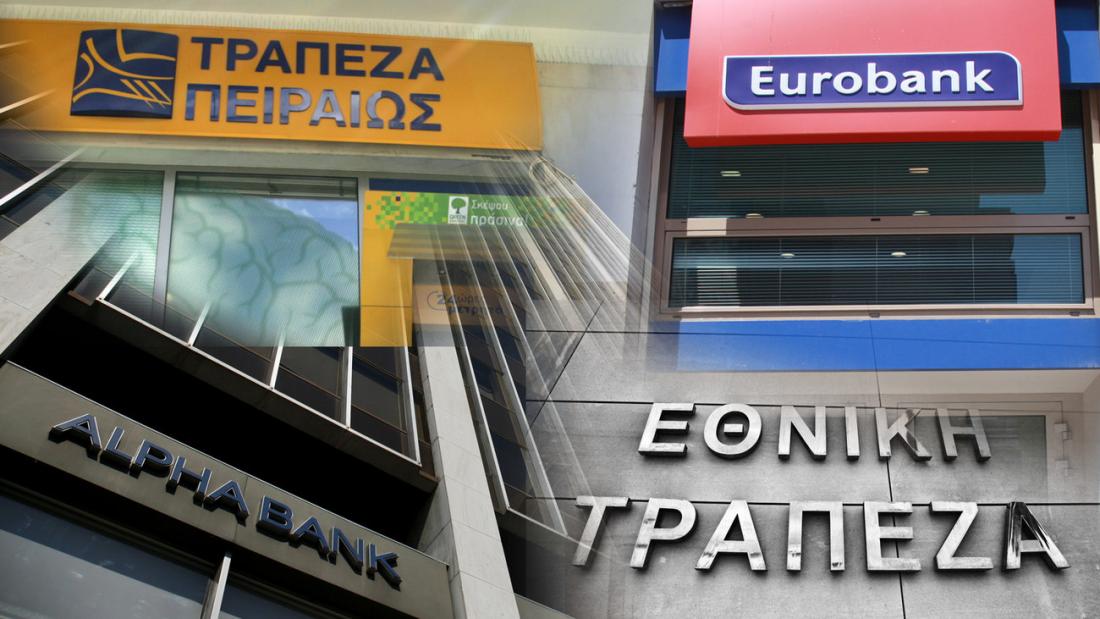
“It is neither an extreme nor solely fiscal measure; it is a political choice,” Androulakis stated, criticising the widening gap between deposit and lending interest rates in Greece. He argued that, while citizens face economic hardship, Greek banks have profited substantially, aided by previous state recapitalisations amounting to billions.
Inspiration from Spain’s model
The amendment draws on similar measures adopted in other European countries, most notably Spain. Madrid’s government initially implemented a temporary levy on bank profits for 2023 and 2024, later extending it by three years. Under Spain’s scheme, tax rates range from 1% for smaller banks to 7% for institutions generating more than €5 billion annually in net income from interest and commissions.
PASOK claims such measures are necessary in Greece, where the disparity between deposit and lending rates is among the highest in Europe. According to data from the Bank of Greece and the European Central Bank (ECB), overnight deposit interest rates for Greek households in September averaged just 0.03%—ten times lower than the Eurozone average of 0.37%. Similarly, term deposit rates in Greece stood at 1.86%, compared to 2.98% across the Eurozone.
“These figures highlight how Greek banks accumulate cheap liquidity at the expense of savers, whose deposits often serve as safety nets for critical needs, such as healthcare or education,” the party said in a statement.
Banking sector profits under scrutiny
The proposal comes as Greece’s four largest banks—Piraeus, Alpha, Eurobank, and National Bank of Greece—reported combined profits nearing €3.5 billion in the first nine months of 2024. The banks have leveraged high interest rate margins and increased commission income to deliver strong shareholder returns, with dividends and share buybacks projected to claim as much as 50% of total profits.
Critics, including PASOK, argue that this profitability is built on systemic inequalities within Greece’s banking sector. Greek banks maintain one of the lowest loan-to-deposit ratios in Europe and derive a disproportionate share of income from interest margins, which are consistently double the Eurozone average.
The amendment’s provisions
Under PASOK’s proposed legislation, the 5% levy would apply to all credit institutions covered by Article 3 of Law 4261/2014. Implementation details would be determined by the Minister of National Economy and Finance, in consultation with public administration authorities.
The party justifies its call for action by citing the state’s previous financial support for Greek banks, which included €38 billion in restructuring aid during the financial crisis. Now that banks are returning to strong profitability, PASOK argues that they should contribute to addressing broader economic challenges.
Government opposition and investor concerns
Prime Minister Kyriakos Mitsotakis dismissed the idea of taxing bank profits, stating it was not part of the government’s plans. Finance Minister Kostis Hatzidakis echoed this sentiment, warning that such a move could unsettle foreign investors and destabilise the banking sector.
“Our banks are only just recovering after a decade of crisis,” Hatzidakis said during an interview. He argued that higher taxation could deter investment and trigger a market backlash, potentially harming the wider economy.
______________________________________________
Are you seeking news from Greece presented from a progressive, non-mainstream perspective? Subscribe monthly or annually to support TPP International in delivering independent reporting in English. Don’t let Greek progressive voices fade.
Make sure to reference “TPP International” and your order number as the reason for payment.